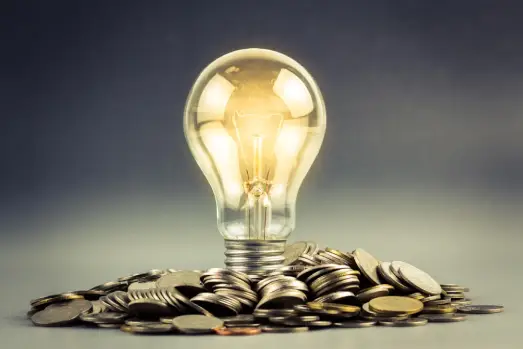Are you tired of seeing your monthly energy bill soar? You are not alone. The cost of energy is an ongoing concern for many households, especially with the rising prices and the desire to live more sustainably.
However, reducing your energy bill can feel like an elusive goal. Many resources tout the benefits of various energy-saving strategies, but it can be overwhelming to figure out where to start. Yet, with some strategic changes and a bit of knowledge, you can significantly cut your energy costs without sacrificing comfort.
In this definitive guide, we will walk you through a multitude of practical, actionable steps that lead to notable savings on your energy bill.
Understanding Your Energy Usage
The journey toward a reduced energy bill begins with awareness. You need to understand how and where you are using energy in your home.
Conducting a Home Energy Audit
Start by performing a home energy audit. This is a simple yet effective way to identify sources of energy consumption. Here’s how to do it:
- Walk around your home and list all energy-consuming devices and systems.
- Identify any areas where there may be energy leaks, such as around windows and doors, and places with poor insulation.
- Since appliances are a significant portion of your energy consumption, look for any that seem inefficient or older than their recommended lifespan.
Interpreting Your Energy Bills
Your energy bills offer valuable information on your energy usage. Take a closer look at your monthly statements to track changes in usage and costs over time. Look for spikes in usage, which can indicate problems or changing habits that need addressing.
Easy Wins: Low-Cost, High-Impact Changes
There are several low-cost solutions that can offer quick energy bill savings. These fixes are easy to implement and create a solid foundation for your journey to a lower energy bill.
Switching to LED Bulbs
Replace your incandescent bulbs with energy-efficient LED bulbs. LED bulbs use significantly less energy and last much longer than traditional bulbs. To see a noticeable difference, aim to switch out your most used fixtures first.
Utilizing Power Strips
Did you know that many devices draw power even when turned off? This is called phantom energy, and it can add up over time. Plugging your electronics into power strips, which you can turn off at once, can help eliminate phantom energy use.
Investing in Energy-Efficient Appliances
When it’s time to replace your appliances, opt for those with the Energy Star label. These are approved by the U.S. Environmental Protection Agency and the Department of Energy as energy-efficient, using up to 30% less energy than their non-labeled counterparts.
Why is My Energy Bill So High?
You may wonder why your energy bill always seems to be so high, despite taking some of the above steps. While some factors are out of our control, like seasonal changes and utility rates, there are some potential reasons for a persistently high energy bill:
- Poor insulation in your home
- Old or inefficient appliances
- Drafty windows and doors
- Lack of maintenance on HVAC systems
To address these issues, consider investing in better insulation, upgrading to energy-efficient appliances, and sealing any air leaks in your home. Regularly scheduled maintenance for your HVAC system can also ensure it is running efficiently.
Ways to Save Energy in Every Room
Now that you have tackled the low-cost, high-impact changes let’s dive into specific ways to save energy in every room of your home.
Kitchen
The kitchen is a hub of activity and can also be a significant source of energy consumption. Here are some tips for reducing your energy usage in this space:
- Use smaller appliances such as toaster ovens and slow cookers instead of your oven whenever possible.
- Only run the dishwasher when it’s full, and use the energy-saving cycle if available.
- Keep your refrigerator at an optimal temperature of 37 to 40 degrees Fahrenheit.
Living Room
The living room is another high-traffic area where small changes can make a big impact:
- Unplug electronics and chargers when not in use.
- Keep shades or curtains closed during the hottest parts of the day to reduce heat gain.
- Utilize natural lighting instead of relying on artificial light sources.
Bedroom
The bedroom is a place for rest, but it can also be an area where energy usage adds up:
- Turn off lights and unplug electronic devices when not in use.
- Use a programmable thermostat to adjust the temperature while sleeping or away from home.
Bathroom
The bathroom may not seem like a place with high energy consumption, but some simple changes can make a difference:
- Install low-flow showerheads and faucets to reduce water usage and save on heating costs.
- Fix any leaky faucets promptly to avoid wasting water.
Contact Us
At Star Energy Consultants in Kansas City, we are committed to helping individuals and families reduce their energy bills through practical solutions and expert advice. Contact us today for a personalized energy audit and start your journey toward a more cost-efficient, sustainable home.

